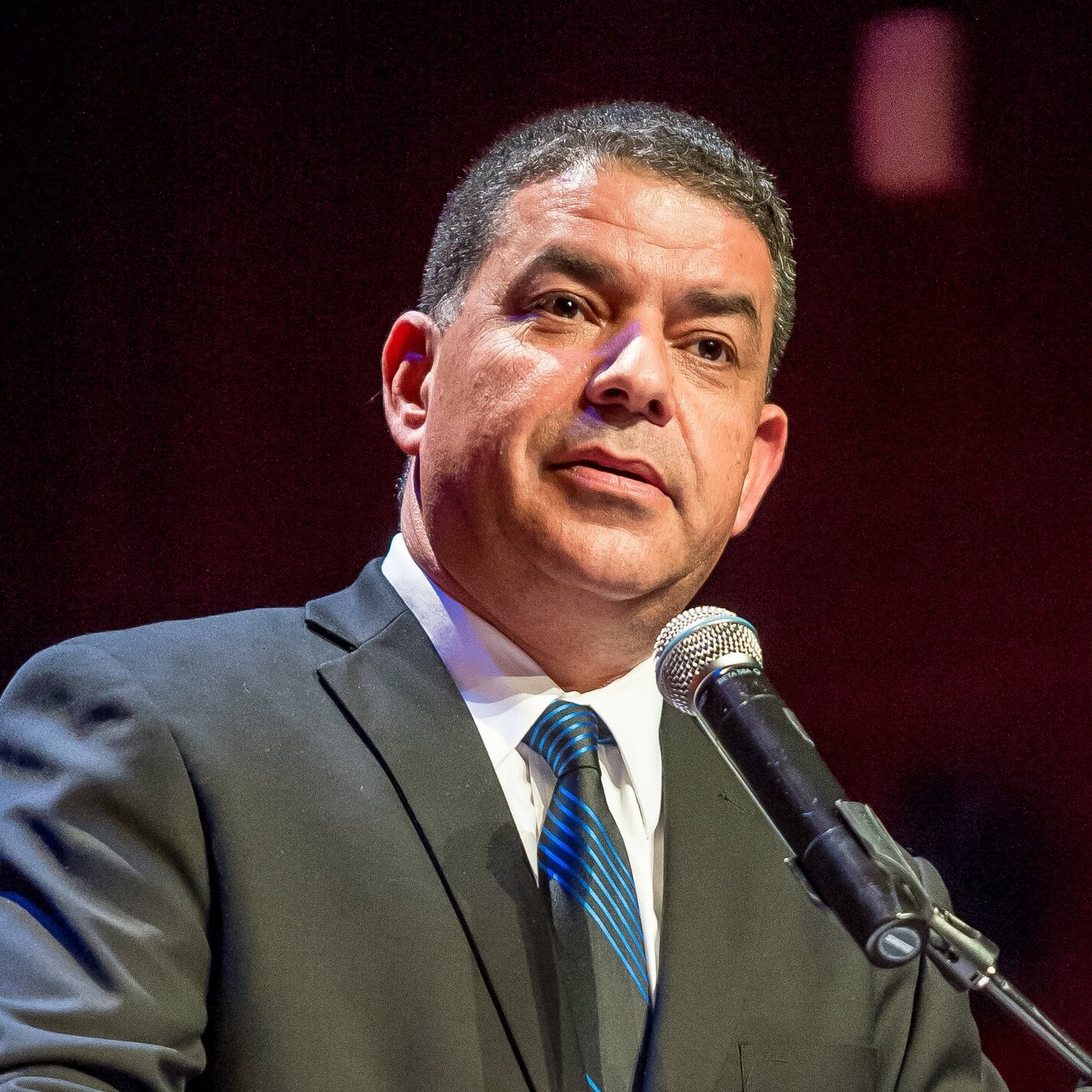By Sharon Roffe Ofir
When National Unity Party chairman Benny Gantz remarked that “in democracy, one must know how to respect others,” he was alluding to his fellow opposition members. They were busy heckling incoming Prime Minister Benjamin Netanyahu as he delivered his swearing-in speech at the Knesset.
Since then, several weeks have passed, during which time, the new government has already managed to spark firestorms of controversy, but his comment still offers clues as to his future intentions.
In April 2020, during the corona pandemic, Gantz chose to set up a government with Netanyahu, describing the maneuver as a metaphorical ‘leap on a grenade’ on behalf of the national interest.
It didn’t take very long for Netanyahu to backstab Gantz, and for that government to disintegrate, leading to new elections. This time, Gantz believes he can dance at two weddings.
In July 2022, Gantz joined forces with former justice minister Gideon Sa’ar, and was quick to declare that his objective was to set up a national unity government of mainstream parties without representation of the political fringes. He also stressed that he had no intention of joining Netanyahu, by whom he had already been burned in the past.
Gantz’s dream of political unity had support even before the rise of the current right-wing government. Among its proponents was President Isaac Herzog, who understood that an extremist government could tear the country apart and take a wrecking ball to democracy.
Benny Gantz, judicial reform and Israeli democracy: Will he join with Netanyahu?
Following his election victory and during coalition negotiations, Netanyahu stated that this time around, he would form a fully right-wing government. Nevertheless, Netanyahu understands full well that his coalition faces many potential pitfalls, and he is searching for a figure he can pin responsibility on – and that is where Gantz comes in.
Despite unequivocal denials from Netanyahu’s confidantes, talks with Gantz are ongoing, with the goal of getting him to join the government when the right opportunity arrives.
Gantz seeks to obfuscate his intentions by issuing contradicting declarations. His previous slogan of “the country above all else” was accompanied by a speech he delivered during the swearing-in of the current government, as well as a social media post on that same weekend, in which he wrote, “We will be here to warn, and to assist where possible.”
Gantz went on to address those who voted for the Netanyahu camp, saying, “We will offer them a stately path, one that is matter-of-fact, and Zionist. We will offer them hope for unity, and not a civil war.”
These comments were further strengthened in media interviews that he gave, in which he said that the government can be supported from the outside. When asked if he would join the Netanyahu government, Gantz ruled out the possibility in an unequivocal manner, calling such a scenario science fiction.
A few days later, when Justice Minister Yariv Levin presented his proposed judicial revolution to the public, Gantz – despite his protestations – rushed to offer Netanyahu a cross-party committee to examine the burning issue on the agenda. He explained this proposal by saying that the issue of judicial reform was too substantial for Israel’s future to be left to political division, and that a broad agreement is necessary. In other words, what he was saying to Netanyahu was, “here is a responsible adult.”
GANTZ’S PLACATORY tone changed very quickly when he called for the public to “rock the country” by heading out to demonstrate, if broad agreements on judicial reform were not achieved. “We will take to the streets,” he warned. He also issued a veiled threat to Netanyahu, saying that if he continues along his current path, responsibility for the consequences would rest entirely with him.
Gantz then turned to Likud voters and said, “You, the people of the liberal right, those who love the state, should be the first to head out and protest – not against Netanyahu, but against the dismantling of democracy.”
Benny Gantz's partners: Members of the Israeli Right
To fully analyze Gantz’s politics, it is important to look at his partners. Sa’ar, the former justice minister and chairman of the New Hope Party, who views Netanyahu as a bull views a red flag, is a Right winger whom Gantz had hoped would attract Likud voters to the National Unity Party.
Matan Kahana is a member of the religious Zionist camp, and was elected to serve on the Knesset’s Constitution, Law and Justice Committee (Law Committee) which will likely authorize Levin’s revolution. Kahana supports most of the reforms placed on the table – unlike his fellow faction members.
The National Unity Party also includes former IDF chief of staff Lt.-Gen. (ret.) Gadi Eisenkot, who leads a more hawkish line regarding the Netanyahu government and stated that there is not even a one-in-a-million chance that he would join it.
Eisenkot opposes Levin’s judicial revolution and describes it as a change to the nature of the state’s governing system. He has called for a million Israelis to march against it on the streets, vowing to be among them.
When Gantz chose to arrive at the second demonstration against the judicial reform program in Tel Aviv held in January, it was Eisenkot who he met there. Gantz walked around the protesters holding a megaphone, as if to say, “I am the real leader that you are seeking.”
But do not be fooled. A short media report told of a meeting between a member of Gantz’s party, MK Chili Tropper, and Justice Minister Levin. This tells us that along with protesting, Gantz is also operating along a parallel axis as well. He is seeking to build a bridge over stormy waters in the hope that the moment will come when liberal Likud supporters will wake up and demand his entry into the government.
In the meantime, he is straddling two worlds. The idea of him joining the Netanyahu government is not science fiction. Gantz has done it in the past, when he enabled Netanyahu to serve as prime minister despite the indictments against him, and it is not beyond the realms of possibility that he will cross that bridge once again. If he does so, he will be forgetting his promises to his voters and will likely excuse this by saying, “Israel is above all else.”
Sharon Roffe-Ofir served as Knesset Member in the 24th Knesset. She has served as a deputy local council head at Kiryat Tivon, and has worked as a journalist and as a senior lecturer in academic institutions for 24 years. Read full bio here.














